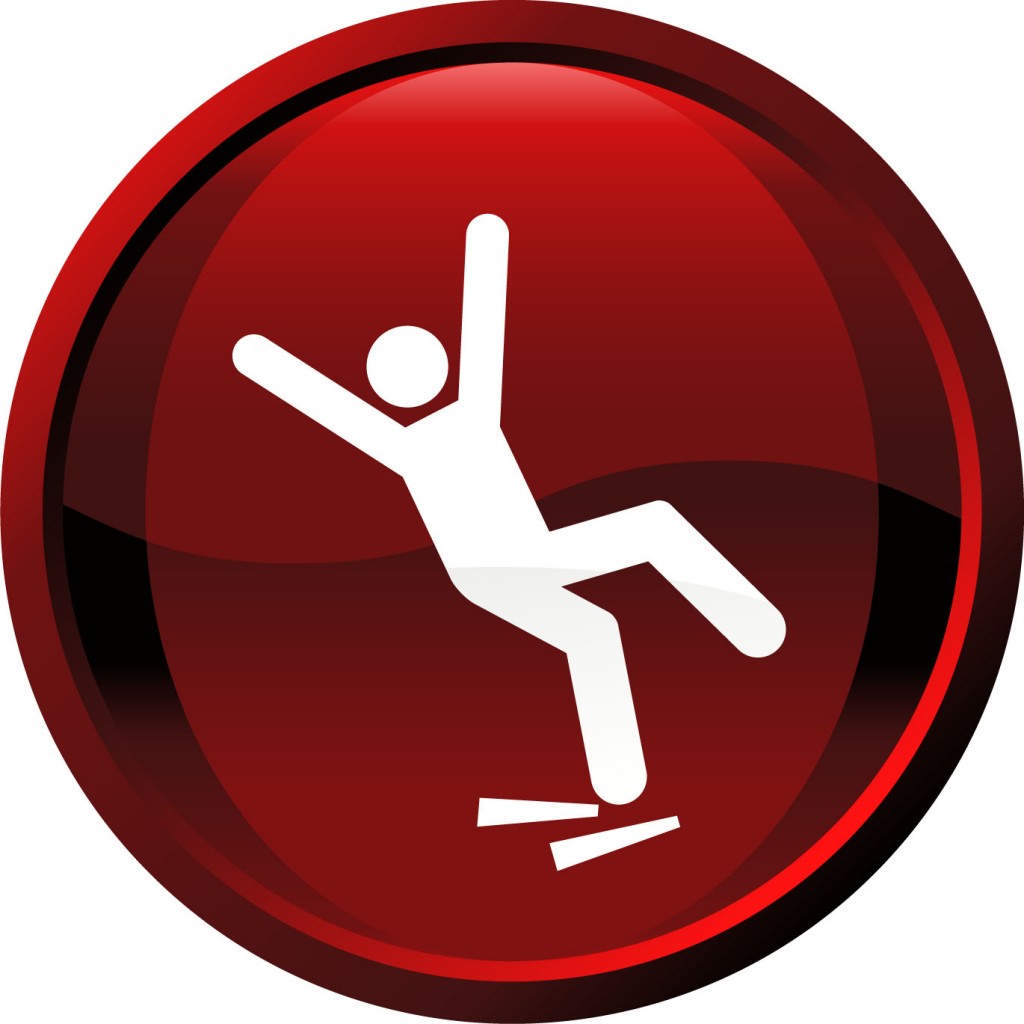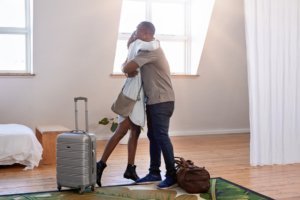
Feeling safe is a basic human need and something we should all be able to experience in our daily lives; we should feel safe when we’re at home, when we’re in the office or when we’re on holiday wanting to relax.
As a holiday homeowner, you’ll no doubt put much of your effort into the latter; ensuring that as soon as your guests arrive at your property, they are kept safe through any number of procedures and processes including fire risk assessments, gas safety certification, public and employers’ liability insurance and electrical checks.
AirBnB terms and conditions
If we contrast that with the latest AirBnB terms and conditions they indicate:
“Airbnb has no control over and does not guarantee the existence, quality, safety suitability or legality of any listing”
Where safety for guests was once a given, the rapid growth of peer-to-peer accommodation providers such as AirBnB has far exceeded our own legislative response to its emergence, leaving an ever-growing unregulated market of peer-to-peer accommodation providers welcoming paying guests into their homes with sometimes minimal or no safety processes in place.
The size of that market is ever-growing; every region in the UK now has at least 2,000 listings on the platform and in London, the number is around 64,000. This places the UK as the fifth largest geography for Airbnb globally, when calculated by number of listings.
So how do we even the playing field in order to safeguard our guests and the reputation of the UK as a place to which people can travel and rightly feel safe, no matter where they book?
All-Party Parliamentary Group (APPG) for the Tourism, Leisure and Hospitality Industry
During 2018, the All-Party Parliamentary Group (APPG) for the Tourism, Leisure and Hospitality Industry issued a report on the ‘sharing economy’. It recommended the introduction of a low-cost registration scheme for short term lets and holiday home accommodation providers, which would look to level the playing field of regulation and enforcement of those welcoming paying guests. The scheme would in turn create a national database and allow regulators to do their job in ensuring the safety of visitors, no matter on what platform they’d booked.
In April 2019, Mayor of London Sadiq Khan co-signed a letter to the secretary of state for housing, communities and local government that outlined “the law is near-impossible for councils to enforce” and that “the time has come for a light-touch registration system”. The letter was also signed by AirBnB.
Hadi Moussa, General Manager for Air BnB in the UK and Northern Europe indicated “A clear and simple registration system will help authorities get the information they need to regulate our industry effectively.”
The general consensus for this potential mandatory registration scheme for short term lets to date has been that it must be either low cost or free to register in order to achieve the necessary drive for sign ups. If it does come to fruition, then any move to ensure that guests are kept safe and the gap in regulation between holiday homeowners and those listing properties through the ‘sharing economy’ is lessened can only be a good thing. You can read more about recent calls for increased regulation for AirBnB here:
Boshers offer specialist holiday home insurance to owners across the UK. Need an insurance quote for your holiday let? Give us a call on 01237 429444.


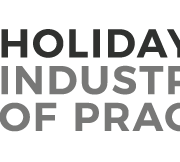


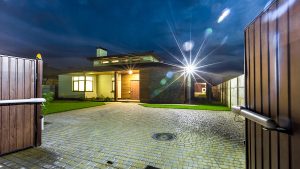
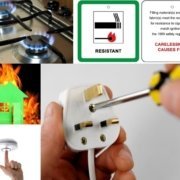
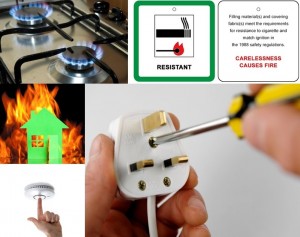 As a holiday homeowner there will be plenty for you to think about; how are bookings looking? Which letting agent do you use? Is the cottage in need of repairs and when does the next tax return need to be submitted by?
As a holiday homeowner there will be plenty for you to think about; how are bookings looking? Which letting agent do you use? Is the cottage in need of repairs and when does the next tax return need to be submitted by?
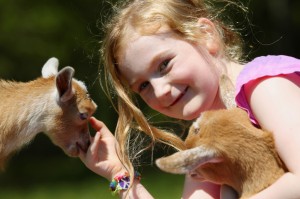 British agriculture has seen unbelievable change since the turn of the century. During that time somewhere in the region of 60 – 80% of farms have diversified in totality or looked to new avenues in order to sustain incomes and grow revenues.
British agriculture has seen unbelievable change since the turn of the century. During that time somewhere in the region of 60 – 80% of farms have diversified in totality or looked to new avenues in order to sustain incomes and grow revenues.
